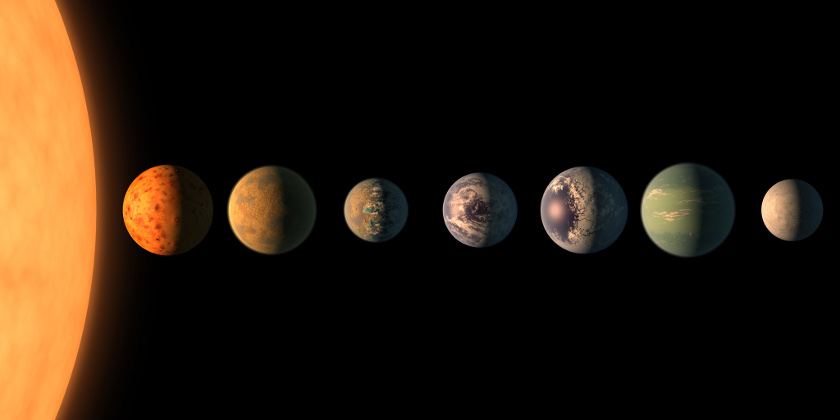
December 6, 2017, by Jackie Thompson
Five Tips for Science Graduates Who Want to Become Writers
By Rebecca Bull, MSc Biochemistry, and copywriter at Hallam Internet
To some, pursuing a career as a writer after completing a science degree may not seem like the most logical step. I faced quite a bit of scepticism about my choice to become a writer, but I’m glad I didn’t let it put me off.
I now work as a copywriter for the Nottingham-based digital marketing agency Hallam Internet, where I enjoy writing about all sorts of topics.
During my career, I’ve found my science background has helped in a number of ways. It made me more inquisitive and taught me the importance of backing up statements with evidence. This has been incredibly helpful when doing research for my writing. I had to understand complex concepts fast, and be able to explain them clearly. This has helped me when writing about subjects I’m unfamiliar with. Being numerate is becoming increasingly important for writers too, given the current trend for data-driven stories.
If you’re considering science communication or have your sights set on becoming a writer, here are some of things you can do to help build your career.
1. Practise writing as much as you can
Practice is important for all writers because there’s always room for improvement. Try to fit writing into your daily or weekly routine. Even writing for just half an hour every day will help. Read as much as you can too because you’ll pick up a lot from other writers.
During your degree you’ll become used to writing in an academic style, so try to break away from this. Try writing for different audiences and play around with tone of voice.
You could even start your own blog. Although it can be daunting at first, you’ll soon build your confidence and hopefully enjoy it too. There’s a huge amount of advice online on just about anything you’d like to know about blogging. It’s also a great way to show employers your commitment to writing.
2. Start building your portfolio
The best way to improve your employability and develop your skills is to gain as much experience as you can. It can be hard at first because getting a job as a writer is competitive, but try not to be disheartened.
I found that free local publications looking for volunteer writers was a good place to start. I wrote for them in my spare time while doing other paid work.
Whatever experience you can get is useful and will help you start building a portfolio of work to take along to interviews. Once you have even a very basic portfolio, it gets easier to find more jobs.
3. Consider a postgraduate course
Doing a postgraduate course like journalism isn’t a must and is costly, but it may help you get a job faster. You might also be able to get help with funding.
If you specifically want to write about science, then you may want to consider a science communication course. If you’re open to writing about lots of different subjects, then you could look at doing a general postgraduate journalism course like I did. Courses which are accredited by the National Council for the Training of Journalists can be useful for certain jobs, like working for a local paper.
4. Research career possibilities
All the writing jobs I’ve done have been quite different, so you can have a pretty diverse career as a writer. I’ve worked in publishing, journalism, PR and content marketing. Alternatively, you may prefer to focus on one area you particularly enjoy.
There really is no set career path for writing, so you can carve out your own.
To give you an idea of the jobs out there, the Association of British Science Writers is a useful site. You can also use LinkedIn to find out more about other writers’ jobs and how they got them.
5. Develop extra skills besides writing
Many writing jobs, particularly for smaller companies, often involve taking on several responsibilities, so it helps to work on gaining other skills too. Skills like social media management, video editing and photography are often useful in communication roles. You may pick up these skills at work, or by using online learning resources to teach yourself.
Want more insights into this exciting career path? Watch Dr Tamela Maciel, Space Communications Manager at the National Space Centre, talk about her role, and the skills and experience required for a career in science communication.
No comments yet, fill out a comment to be the first

Leave a Reply